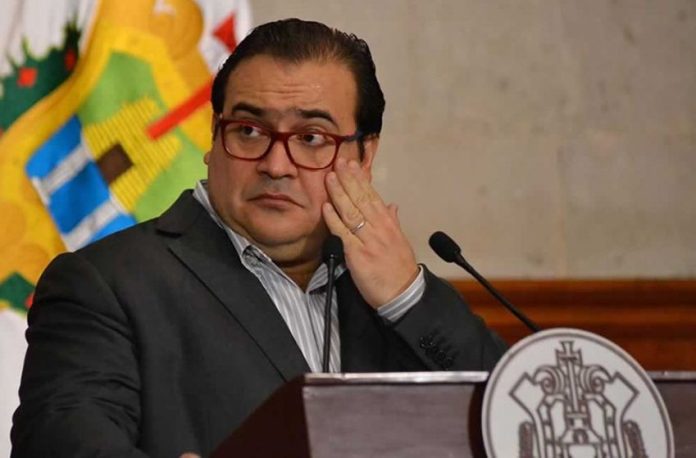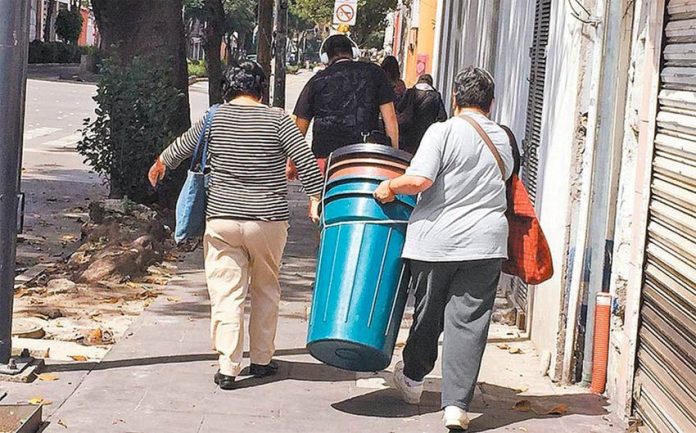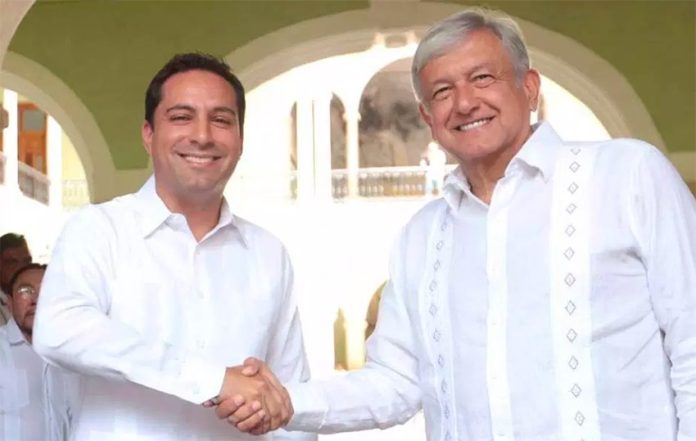Say the words “Riviera Nayarit” and your mind will likely conjure up thoughts of surfing beaches, secluded bays, water sports and nature adventures.
But not so likely is it that the regal sport of polo will spring to mind. Nevertheless, the beach town of San Francisco, known locally as San Pancho, is home to a polo club that comes alive every year between October and May with matches, lessons and fun Sunday brunches.
Driving through the streets of the laid-back town — which has a mix of Mexican and foreign residents who all wander slowly in the heat dressed in shorts and flipflops — it is a surprise to suddenly find yourself at the entrance to a sprawling and stunningly coiffured polo club, La Patrona.
The club has been part of San Pancho life since 2004. Owned by Ivan Echeverría and Gabrielle Weber since its inception, it has always been a successful part of the community. So much so that six years ago the club moved to a newer and much larger piece of land.
La Patrona Polo & Equestrian Club now stretches out over more than 220 hectares, offering the most impressive backdrop of virgin jungle, palm trees and green as far as the eye can see. The plan is to build a few houses and villas on the land, so like the golf lovers of Punta Mita the polo lovers of San Pancho can live a hop, skip and a jump away from the fields. Non-polo enthusiasts might also be tempted, however, because the landscape is really rather spectacular.
There are three polo fields at La Patrona. One is referred to as an indoor field due to the material underfoot, although in San Pancho there is not a roof like there might be in the United Kingdom, for example, since the weather in Nayarit doesn’t call for it.
The two other fields are full-size, 300 by 160-yard professional polo fields — nine times the size of a soccer pitch — where matches can be played four against four. The horses run such a long distance during each chukka that they must be changed after each one and can only play a maximum of two chukkas per match.
La Patrona’s infrastructure is world-class, putting the club on the international circuit. Its aim is to train a new generation of polo players, both men and women (teams can be a mix of genders and ages) that can put Mexico more firmly on the polo-playing map.
Some players at the club start learning at as young as six or seven, giving them a chance to play among the best as they mature. The club has attracted names like the late Major Hugh Dawnay, the polo coach of the British Army and author of books about the sport, and his professional polo-playing son, Sebastian. Owners Echeverría and Weber were, in fact, first introduced to polo by Major Dawnay in Costa Careyes, a few hours down the coast from San Pancho.
La Patrona’s proximity to Punta Mita has likely helped, since visitors to the exclusive gated resort are among the elite associated with polo, which continues to be considered a sport of the rich. However, La Patrona is open to all guests who want to learn or just enjoy watching a match or two at the Sunday polo brunches held every week in the high season.
Club coach Martin Harriague, who hails from Argentina, has followed polo around the world, living, playing and coaching in the United States, the U.K. and now Mexico. He has worked at La Patrona for just under seven years and offers classes to those wanting to learn or improve their skills.
Visitors to the area can book classes at La Patrona during their vacations, making the most of Harriague’s many years of experience. There is a model horse on which to practice, where students can learn how to use the mallet — left-handers beware that only right-handed play is allowed — and practice swiping the ball.
Once used to the techniques the real horses await. Lessons can be taken individually or in groups and include information on horse care and the chance to have a few practice chukkas.
Experienced players visiting the area can also arrange to play a match, bringing their own horses or using the horses that are kept and cared for at the club. The facilities are so large that there is an onsite horse hospital with a swimming pool to help horses in recovery from injury. In the low season, when no matches are played, the horses are left to roam free on the land.
For those who would rather watch polo matches than play in them, the Sunday brunches are the perfect option. They attract up to 200 people each week and include watching a polo match, which is narrated, of course, as well as the obligatory part-time divot stomping. The brunch is specially prepared by the creative hand of chef Hugo Ahumada with ingredients from the onsite vegetable and herb gardens and is accompanied by live music, which often includes local and traditional bands and makes for a generally joyful atmosphere from 11:00am until 4:00pm.
This year the season starts on November 4 with a match that will include players from Mexico, the U.S. and Canada, including Canadian Laura Bruno who learned to play at the club. The first match and brunch of the season is sure to be an exciting one with many people from the community showing up to enjoy the day.
La Patrona was designed by architect Rodrigo Peyret, who also designed the La Patrona Beach Club, which is linked to the polo facility. His design won him the silver award in the XV National and International Biennial of Mexican Architecture this year. Its tall palm roof is decorated with hanging glass droplets that almost glow at sunset and which are offset by a colorful design wall and beautiful water features.
[wpgmza id=”95″]
If you take the time to visit La Patrona polo club, make sure you also check out the beach club. As the award suggests, it is really something special.
While the U.K.’s Prince Harry has yet to make an appearance at La Patrona, here’s hoping that the world-class facilities that the club offers can entice him to San Pancho’s shores one day soon.
• To find out more about the club and everything on offer there, visit their website here.
Susannah Rigg is a freelance writer and Mexico specialist based in Mexico City. Her work has been published by BBC Travel, Condé Nast Traveler, CNN Travel and The Independent UK among others. Find out more about Susannah on her website.









